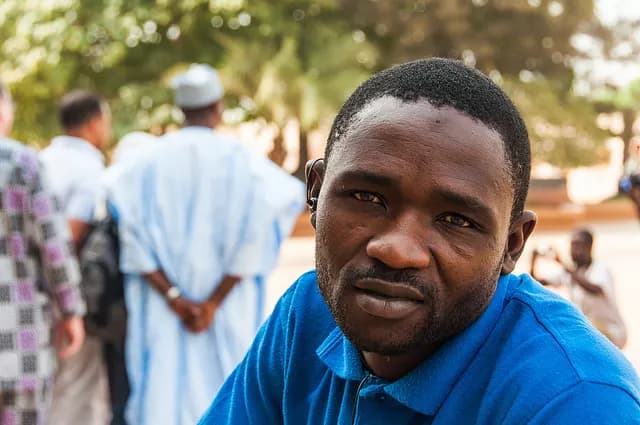
Switch From Observation Only To Active Treatment By Prostate Cancer Patients Varies By Race/ethnicity
Although active surveillance, or watchful waiting, for patients with low risk prostate cancer has become an increasingly acceptable strategy for disease management, many men opt for definitive therapies such as radical prostatectomy or radiation therapy. A new study of more than 2,200 patients with low risk prostate cancer in an ethnically and economically diverse population revealed that ethnicity influences this decision. The results, published in The Journal of Urology®, indicate that black men may be more likely than white men to begin active treatment independent of followup clinical measures, a finding that suggests greater attention to race/ethnicity is needed.
"A primary reason that we examined whether sociodemographic and clinical factors predicted switching to active treatment was that studies have primarily been performed in non-ethnically diverse populations," explained co-principal investigator Scott P. Kelly, PhD, Lombardi Comprehensive Cancer Center, Georgetown University Medical Center, Washington, DC. "We wanted to determine whether observational management like active surveillance is underused in minority populations, particularly within the framework of an equal access health care system. This is one of the few groups studied with sufficient sample sizes to examine whether the associations of clinical triggers for beginning active treatment varied by sociodemographic factors."
The study included patients who had been diagnosed with low risk prostate cancer between 2004 and 2012 at Kaiser Permanente Northern California. They did not receive any treatment within the first year of diagnosis and had at least two years of followup. "Because Kaiser Permanente Northern California is a large, integrated health system covering a diverse population, it was possible to independently assess ethnic and economic influences on treatment choices," said Stephen Van Den Eeden, PhD, co-principal investigator for the study and lead researcher at the Kaiser Permanente Division of Research, Oakland, CA. "Over 31% of patients studied were from minority populations."
Non-Hispanic black men were slightly more likely to begin active treatment than non-Hispanic white men, independent of their status at the beginning of the study and followup clinical measures. Among men who remained on observation, non-Hispanic black men were re-biopsied within 24 months of diagnosis at a slightly lower rate than non-Hispanic white men.
Despite nonclinical factors like race and ethnicity, Gleason score progression (a measure of tumor aggressiveness) and results of prostate specific antigen testing were the primary clinical triggers that prompted active treatment in men on active surveillance. Other reasons may include lack of patient awareness of active surveillance, patient anxiety, physician anxiety about whether deferred treatment could result in poorer long-term outcomes, and the societal inclinations for treating all cancers.
While the results were only marginally significant, they suggest that race may be a factor for switching to active treatment even among men on active surveillance. "These results are important as clinicians may be increasingly hesitant to require men to undergo serial re-biopsies due to complications, yet black men are known to have a greater likelihood of prostate cancer progression, which suggests that clinicians should be particularly vigilant in the surveillance of black men on active surveillance," noted Dr. Kelly.
Commenting on the study, David F. Penson, MD, MPH, of the Department of Urologic Surgery, Vanderbilt University Medical Center and the Veterans Affairs Tennessee Valley Geriatric Research, Education and Clinical Center, Nashville, TN, noted that the current study "underscores the need to develop patient navigation tools for prostate cancer that are racially and culturally tailored to individual patients. All men who elect to go on active surveillance should have similar close followup regardless of race, ethnicity, or socioeconomic status."
The above post is reprinted from materials provided by Elsevier Health Sciences. Note: Content may be edited for style and length.
Disclaimer: DoveMed is not responsible for the adapted accuracy of news releases posted to DoveMed by contributing universities and institutions.
Primary Resource:
Kelly, S. P., Van Den Eeden, S. K., Hoffman, R. M., Aaronson, D. S., Lobo, T., Luta, G., ... & Taylor, K. L. (2016). Sociodemographic and clinical predictors of switching to active treatment among a large ethnically diverse cohort of men with low-risk prostate cancer on observational management.The Journal of urology.
Related Articles
Test Your Knowledge
Asked by users
Related Centers
Related Specialties
Related Physicians
Related Procedures
Related Resources
Join DoveHubs
and connect with fellow professionals

0 Comments
Please log in to post a comment.